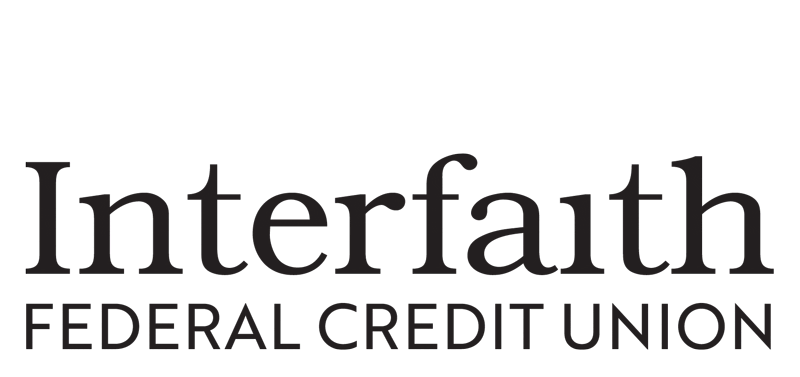Electronic Funds Transfer (EFT)
What is an Electronic Funds Transfer?
EFT (Electronic Funds Transfer) refers to the digital movement of money between financial accounts. Direct deposit, peer-to-peer (P2P) payments, ACH (Automated Clearing House) batch transactions, and wire transfers are all examples of EFTs. These transaction use encryption, authentication, and fraud detection measures.
Types of EFT Transfers:
Direct Deposit – Employers deposit salaries directly into employees' bank accounts.
ACH Transfers (Automated Clearing House) – Batch-processed transfers used for payroll, bill payments, and government benefits.
Peer-to-Peer (P2P) Payments – Transfers via apps like PayPal, Zelle, or Venmo.
Key Benefits of EFT Transfers:
Speed: Some transactions (e.g., wire transfers) are instant, while ACH transfers may take up to 1-3 business days.
Security: Financial institutions use encryption and authentication protocols.
Convenience: Accessible via online banking and mobile apps.
Cost: Some EFTs (like ACH transfers) are free.
Why EFTS are Safe:
Encryption & Secure Networks – Banks and credit unions encrypt data to prevent unauthorized access.
Authentication & Verification – Multi-factor authentication (MFA) helps to ensure only authorized users can initiate transfers.
Fraud Monitoring – Financial institutions monitor transactions for suspicious activity and may flag or block unusual transfers.
Regulatory Protections – EFTs in the U.S. are governed by the Electronic Fund Transfer Act (EFTA), which provides consumer protections against unauthorized transactions.
Transaction Alerts – IFCU offers alerts via SMS or email for unusual activity.
Minimize Risk when making EFTs:
Phishing Scams – Never share financial account details through email or text. Always access your bank directly.
Unauthorized Transactions – Regularly check your statements to detect fraudulent transactions early.
Public Wi-Fi Risks – Avoid making EFTs on public Wi-Fi networks.
Incorrect Details – Always double-check the recipient’s routing and account number to avoid misdirected funds. If this happens, there is no obligation from the receiving financial institution to return the funds.
Notify IFCU Accounting Department - When making first-time transfers over $2,000, please confirm your transaction by calling 800-245-0433 and asking for the accounting department. This helps to avoid delays in your transfer.
For additional assistance with EFT transactions call 800-245-0433 or email memberservices@interfaithfcu.org.



